
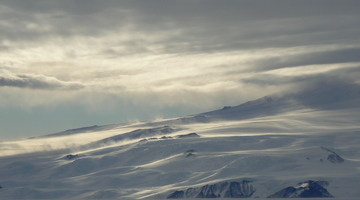
Antarctica is the coldest, driest, windiest and highest continent on Earth. What makes the frozen continent so valuable to scientists and vulnerable to human contact? Every year, scientists and ...
READ MORE
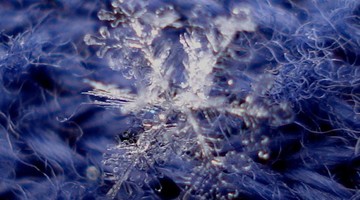
A glacier is a large quantity of ice formed from snow that has accumulated and been compacted over a long period of time. About 70% of the Earth’s freshwater resource is stored in glacial ice ...
READ MORE
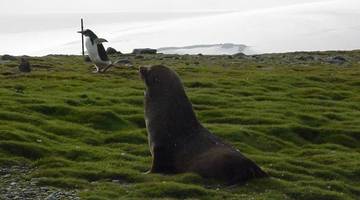
The coldest, driest, windiest continent on Earth – Antarctica – seems an unlikely place to find plants. But they’re there – you just might not recognise them when you see them. The Antarctic ...
READ MORE
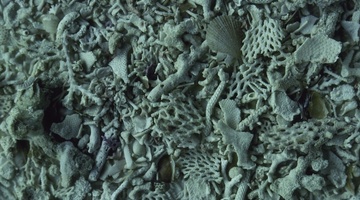
In this activity, students observe how chicken eggs can be used to simulate the potential effects of increasing ocean acidity on marine animals with calcium carbonate shells or skeletons, for ...
READ MORE

This teacher resource lists selected articles from the Connected and School Journal reading series that support the science concepts when teaching about Antarctica. Connected and School Journal ...
READ MORE

In this activity, students examine the role of heat as water changes from a solid to a liquid to a gas and back again. By the end of this activity, students should be able to: identify a logical ...
READ MORE
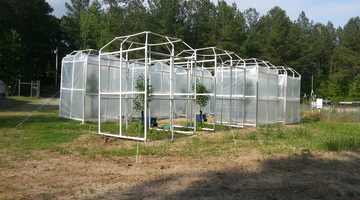
By comparing some features of fossilised plants with the same features of plants living today, scientists hope to be able to learn more about the effect of changing carbon dioxide (CO2) levels in ...
READ MORE
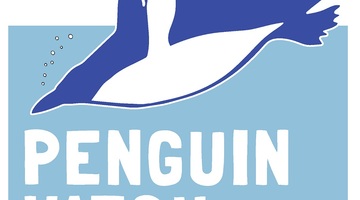
Help scientists establish valuable baseline data about the numbers, locations, habits and health of penguins in a range of Southern Ocean sites. This information will enable better understanding ...
READ MORE
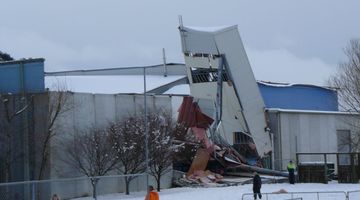
Large snow events in most parts of New Zealand are uncommon. However, if you are in the South Island or the central North Island, this citizen science project could be a great one for your ...
READ MORE
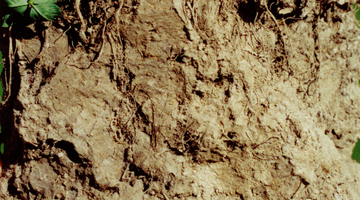
Science capabilities connect the nature of science, the key competencies and the science content strands. In this online PLD session recorded on 19 May 2016, we explore the five core capabilities ...
READ MORE
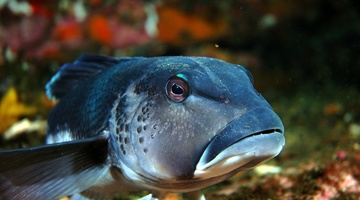
There are many marine classroom activities and resources on the Science Learning Hub useful for Seaweek 2015. This online PD session recorded on 19 February 2015 shows primary and secondary ...
READ MORE
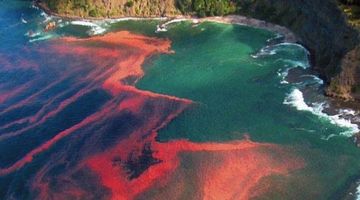
Seaweek is New Zealand’s annual national week about the sea. It is coordinated by the Sir Peter Blake Marine Education and Recreation Centre (MERC) and includes a wide range of events ...
READ MORE
New Zealand gets lots of earthquakes every year. Some earthquakes are very strong. Scientists study earthquakes to keep us and our important buildings safe. Point of interest The black and white ...
READ MORE
All the volcanoes in New Zealand are monitored for activity so that scientists can determine when the next eruption might be. Dr Jan Lindsay introduces us to the monitoring system and how it ...
READ MORE
To keep Antarctica as pristine as possible all impacts from human presence have to be kept to an absolute minimum, this includes human wastes. The field camp has an out-doors toilet that consists ...
READ MORE
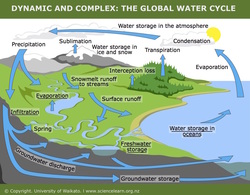
Water in the Earth system is influencing all aspects of life on Earth. Pathways, storage, transfers and transformations have an effect on the global climate and human welfare. Within this ...
READ MORE

This is the edited recording of the Soil activities and science capabilities webinar. Use the Slideshow menu for further options, including view full screen, and go here for the download option ...
READ MORE

This slideshow, from the PLD webinar Tackling planning in science, provides additional support for the video tutorial. Use the Slideshow menu for further options, including view full screen, and ...
READ MORE